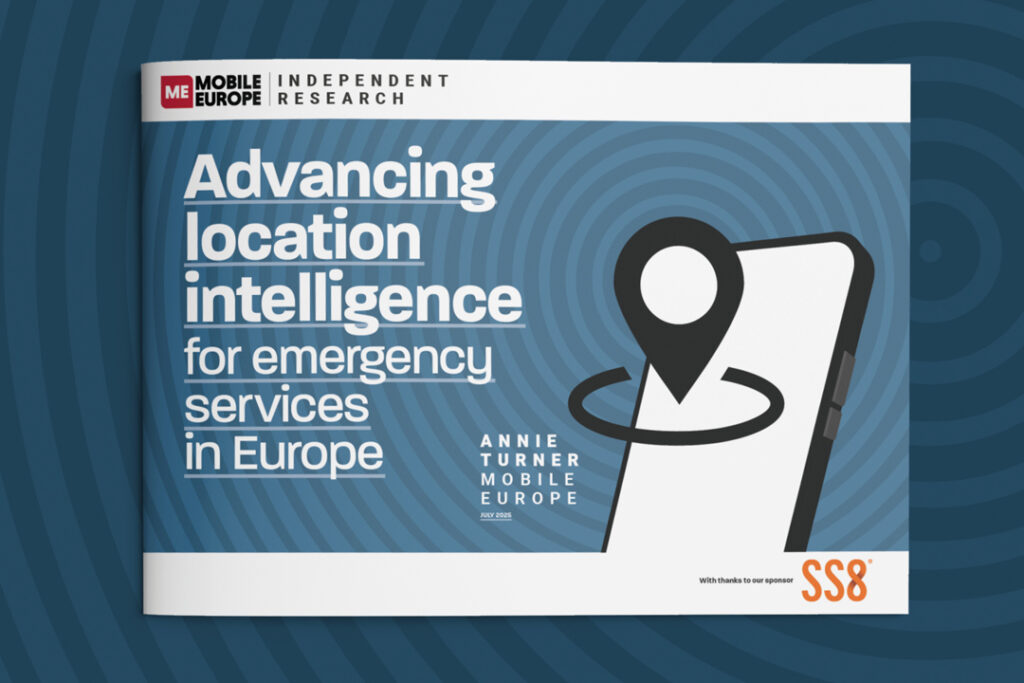Customer relationships will be damaged
UK mobile network operators could jeopardise faith in their integrity if they co-operate with a Behavioural Insights Team previously accused of “grossly unethical tactics”, privacy campaigner Reclaim the Net has warned. The Insights Team specialises in harvesting personal data and using behavioural insights to “nudge” people as they make their individual choices. The UK government has previously used the Nudge Unit for alleged “grossly unethical tactics” when they wanted “to scare public into Covid compliance”, it is alleged. Their behaviour was so upsetting to the public that it provoked an official public inquiry. The Nudge Unit now has ambitions for a new campaign for carbon footprint management, using technology supplied by its partner Cogo, which will make intrusive interventions every time private citizens pay for something on their mobile phone.
Even the proponents of this scheme admit this might not be popular with the public, according to their own research. However, it would be telcos who suffer the backlash as trust in top brands could be eroded. Meanwhile the pact has recommended to government that the participants in mobile commerce, banks and MNOs, use their “wealth of data” to give “carbon feedback” on mobile phone transactions. A Nudge Unit blog said it is working with Cogo, which issues automated carbon impact lectures to users of mobile banking applications. The idea that civilians should take morality lessons from the British banking industry may upset people, according to the research.
The sustainable behaviours lab is part of a trend, according to privacy activist Reclaim the Net, to introduce Chinese-state style social credit systems. Cogo already has partnerships with several banks, including the UK’s NatWest bank, which uses Cogo’s services to provide an instant and highly personal carbon footprint tracker in its mobile app. Cogo’s carbon footprint tracker displays carbon footprint saving advice and recommendation messages next to transactions. The messages berate users for making a car journey, “you could save up to 138kg on public transport”, and their restaurant choices: “you could save 7kg of carbon by changing your diet.”
These will not be popular. Even after commissioning their own survey, The Nudge Unit and Cogo still found 40% of their selection of 2,007 UK mobile banking users refusing to say they supported the idea of a bank providing advice or support about reducing their environmental impact. The most common reasons users had for opposing their bank pushing these messages were that “it’s not the banks’ responsibility” and “data privacy concerns.” Regardless, The Nudge Unit and Cogo are still urging banks to “seize this opportunity” by “introducing carbon feedback.” Specifically, The Nudge Unit and Cogo are recommending that banks “nudge customers to take the sustainable actions that people are most willing to take” by focusing on behaviours related to energy, green finance, and electric vehicles and using reward programmes and incentives to encourage sustainable behaviours.
The Nudge Unit is now a private company, but it was created by the UK government in 2010 and owned by the government for several years. In 2014, it was spun off into a separate company reported The Independent but the UK government still maintained a one-third stake until December 2021, said the FT. The Nudge Unit’s work became widely publicised when it advised the UK government during the Covid-19 pandemic. Earlier this year, a group of 40 psychologists blamed The Nudge Unit for the UK government’s use of “grossly unethical tactics to scare public into Covid compliance”, accordion to The Daily Telegraph. This criticism prompted an investigation into the government’s use of scare tactics.



